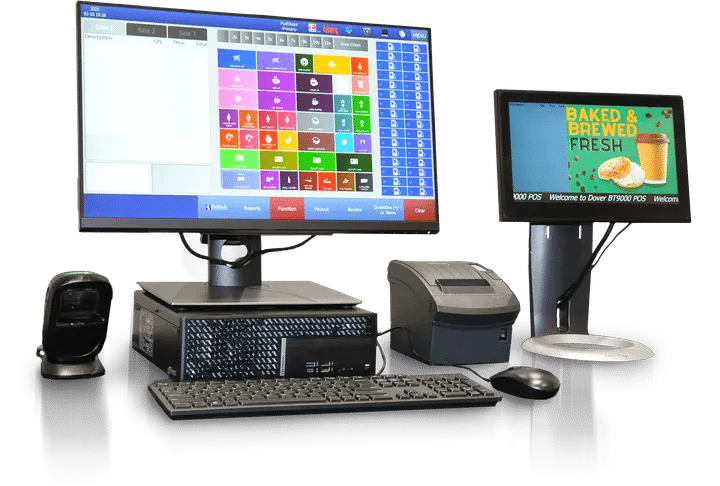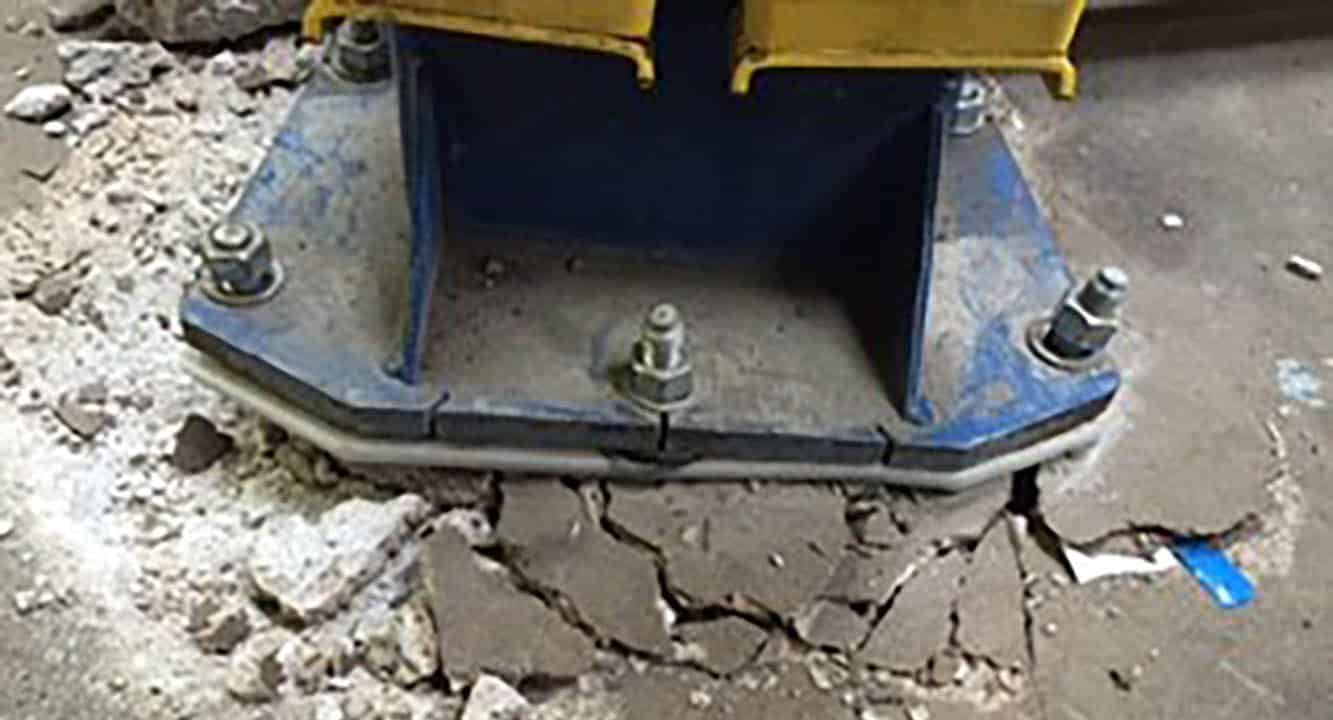
Fueling stations, whether retail gas stations or commercial sites like fleet fueling centers, agricultural, or aviation stations, play a critical role in keeping vehicles and equipment running smoothly. However, downtime due to equipment failure or regulatory non-compliance can be costly and disruptive. That’s why implementing a solid preventative maintenance plan is essential for maintaining reliability, safety, and efficiency.
At Eaton Sales & Service LLC, we specialize in preventative maintenance for both retail and commercial fueling stations. Our technicians are available 24/7 to keep your operations running at peak performance. Here are some tips to help you stay ahead of maintenance issues.
1. Regularly Inspect Dispensers and Nozzles
Retail dispensers and commercial fuel pumps are the heart of your operation. Regularly check for leaks, worn-out nozzles, or malfunctioning components. Look for:
- Cracked or damaged hoses
- Nozzles that don’t shut off properly
- Loose fittings or leaks around connections
Tip: Schedule routine inspections with professionals who can detect early signs of wear and tear.

2. Test and Calibrate Metering Systems
Accurate fuel dispensing is crucial for customer satisfaction and compliance. Over time, metering systems can drift out of calibration, leading to inaccurate readings.
- For Retail Stations: Customers expect precise measurements—errors can erode trust.
- For Commercial Sites: Inaccurate dispensing affects inventory tracking and costs.
Tip: Regular calibration ensures your equipment delivers accurate measurements and prevents revenue loss.
3. Maintain Underground and Above-Ground Storage Tanks
Fuel storage tanks are prone to corrosion, leaks, and sludge buildup. Problems with tanks can lead to contamination, environmental hazards, and regulatory fines.
- Retail Stations: Inspect for corrosion and ensure overfill protection is functional.
- Remote Commercial Sites: Frequent inspections are vital, especially in agricultural or aviation operations, where environmental conditions may be more severe.
Tip: Conduct periodic tank cleanings and test for water or contaminants.

4. Monitor Fuel Quality
Fuel contamination is a common issue that can damage equipment and vehicles. Contaminants such as water, dirt, or microbial growth (a.k.a. “diesel bugs”) can accumulate over time.
Preventative Actions:
- Use filters to trap debris
- Regularly check for water in fuel tanks
- Schedule tank cleanings
Tip: Incorporate fuel quality testing into your maintenance routine to protect your customers and fleet.

5. Inspect Concrete Pads and Canopies
Concrete pads, which house fueling equipment, can crack or shift over time. This can lead to unsafe conditions for equipment and customers. Additionally, canopies and signage should be inspected for structural integrity.
Tip: Address cracks or shifting early to prevent major repairs or accidents.
6. Stay Ahead of Regulatory Requirements
Fueling stations are subject to strict safety and environmental regulations. Routine maintenance ensures compliance with:
Tip: Partner with a maintenance provider like Eaton Sales & Service to handle inspections and keep your station compliant.
7. Schedule Professional Preventative Maintenance
While daily visual checks are essential, professional preventative maintenance ensures deeper issues don’t go unnoticed. Eaton Sales & Service offers 24/7 support and tailored maintenance plans for:
- Retail gas stations
- Commercial gas stations
- Fleet fueling centers
- Agricultural fueling sites
- Aviation fuel stations
- Marine stations
Our technicians are experienced in servicing both traditional and remote fueling locations, ensuring your equipment stays in optimal condition.
Conclusion
Preventative maintenance is not just a good practice—it’s a necessity for fueling stations. From ensuring customer safety to avoiding costly downtime, regular upkeep helps your station run smoothly and profitably. Whether you’re managing a retail gas station or a commercial site, Eaton Sales & Service is here to provide expert preventative maintenance, 24/7.
Contact us today to learn how we can help keep your fueling station in top shape!



